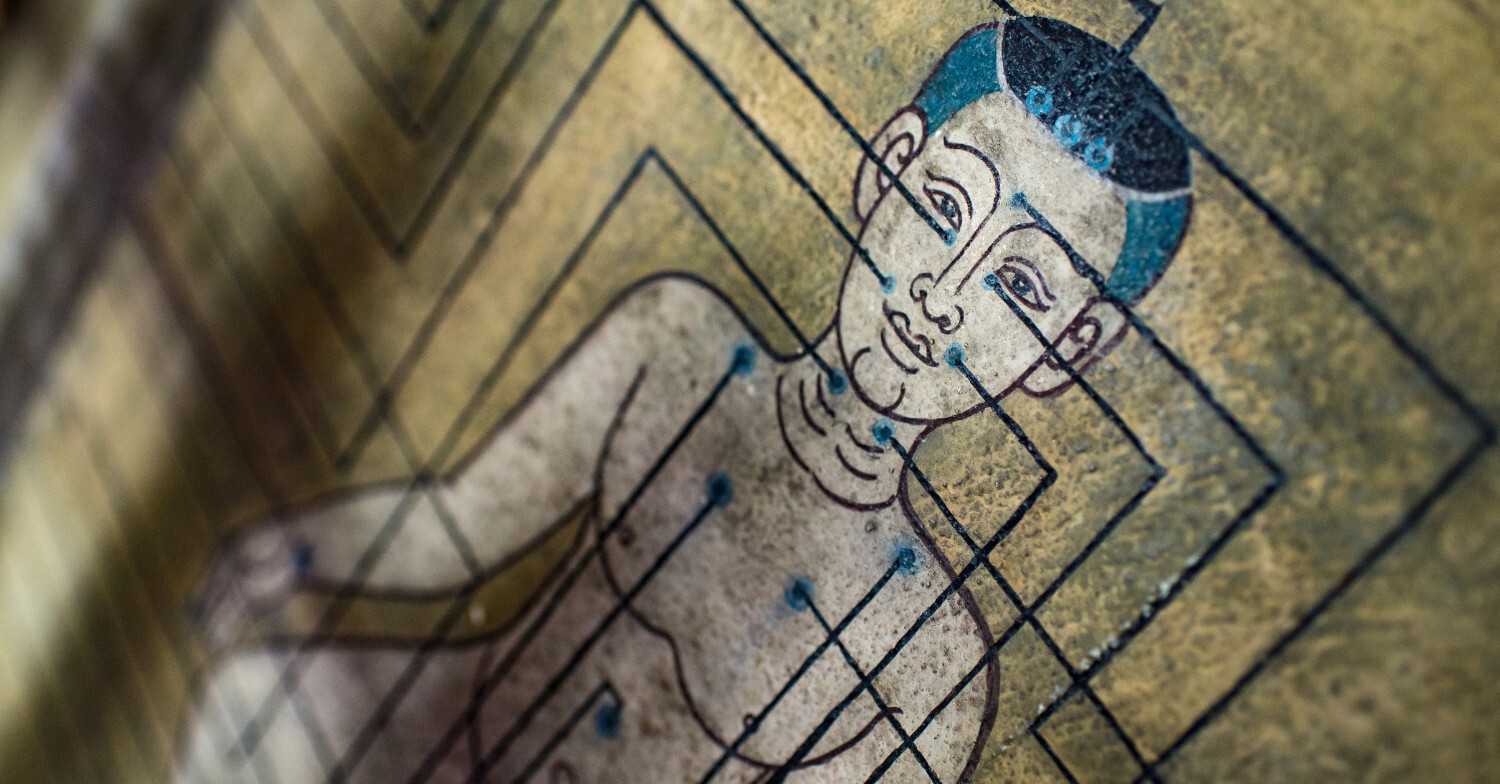If you've ever had acupuncture, energy work, or explored Traditional Chinese Medicine, you've likely heard the word Qi (pronounced chee). It's one of those mysterious terms that can feel abstract — but Qi isn’t some mystical concept that only sages understand. It’s something you feel, know, and live with every single day.
Qi is the vital energy that animates your body, mind, and spirit. It’s the invisible current that flows through your organs, your breath, your thoughts, your emotions — even your relationships. When Qi is flowing freely, you feel balanced, alive, and in tune with yourself. When it’s blocked, depleted, or scattered, symptoms start to show up — physically, emotionally, or energetically.
Qi is the Language of Aliveness
In Western terms, we might try to equate Qi with “energy” — but it’s much more than that. Qi is both subtle and substantial. It moves like wind through your system, but it also forms the foundation of your blood, breath, digestion, immunity, and vitality.
There are many kinds of Qi in your body:
-
Yuan Qi – your original life force, inherited from your parents (your "essence")
-
Zong Qi – your breath and heartbeat, connected to your lungs and chest
-
Gu Qi – the energy extracted from the food you eat
-
Wei Qi – your surface-level defensive energy, like immune strength
-
Shen Qi – the heart-spirit, the consciousness and emotional vitality
When we work with Qi in acupuncture, herbs, breathwork, or energy therapy, we're not “adding” something foreign to your body — we’re reminding it how to move, balance, and realign itself.
What Happens When Qi is Out of Balance?
Just like a river needs to flow, so does your Qi. If Qi becomes stagnant, you might feel irritable, bloated, tense, or emotionally stuck. If Qi is deficient, you may feel fatigued, cold, scattered, or anxious. If Qi rebels, you might experience headaches, palpitations, or digestive symptoms.
Some signs your Qi may be out of balance:
-
Low energy or chronic fatigue
-
Trouble digesting food (or life)
-
Emotional volatility or numbness
-
Pain or tension that moves or comes and goes
-
Shallow breathing, sighing, or feeling disconnected from your body
The beauty of Qi is that it’s always trying to return to harmony. Our job is simply to create the conditions where that harmony can unfold.
Qi in Everyday Life
Qi isn’t just something we access in treatment — it’s in your daily life. You feel it when:
-
You wake up rested and alive
-
You cry and release something heavy
-
You laugh deeply with someone you love
-
You move your body in a way that feels nourishing
-
You say no to something and feel your whole system exhale
Qi responds to truth. To breath. To stillness. To movement. To alignment.
How Qi Feels During Acupuncture
When a needle is gently placed in just the right spot, something magical happens — you feel your Qi.
For some, it arrives as a dull heaviness, a spreading warmth, or a tingling wave that moves through the body like a ripple on still water. Others describe it as a gentle pulling, a release of tension, or a deep inner sigh — like your body just remembered how to breathe again.
Some people feel emotional shifts — a sudden clarity, a wave of peace, or even unexpected tears. That’s Qi, too. It’s not dramatic or forced. It’s subtle, wise, and personal to you.
These sensations are your energy responding — not just physically, but energetically — to the invitation to move, to open, to heal. Acupuncture doesn’t overpower your system; it reminds it.
In Traditional Chinese Medicine, we call this sensation De Qi — the moment when your body says: “Yes. I’m listening.”
This is why treatments often leave you feeling lighter, calmer, or clearer — it’s your Qi remembering what it feels like to move freely again.
A Final Thought
Qi is always with you. It doesn’t require perfection — only presence. You don’t need to “get it right” to be in flow. You simply need to pause long enough to listen.
And if you're feeling off, depleted, or stuck — your Qi might just need a little support with acupuncture and movement.






